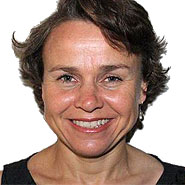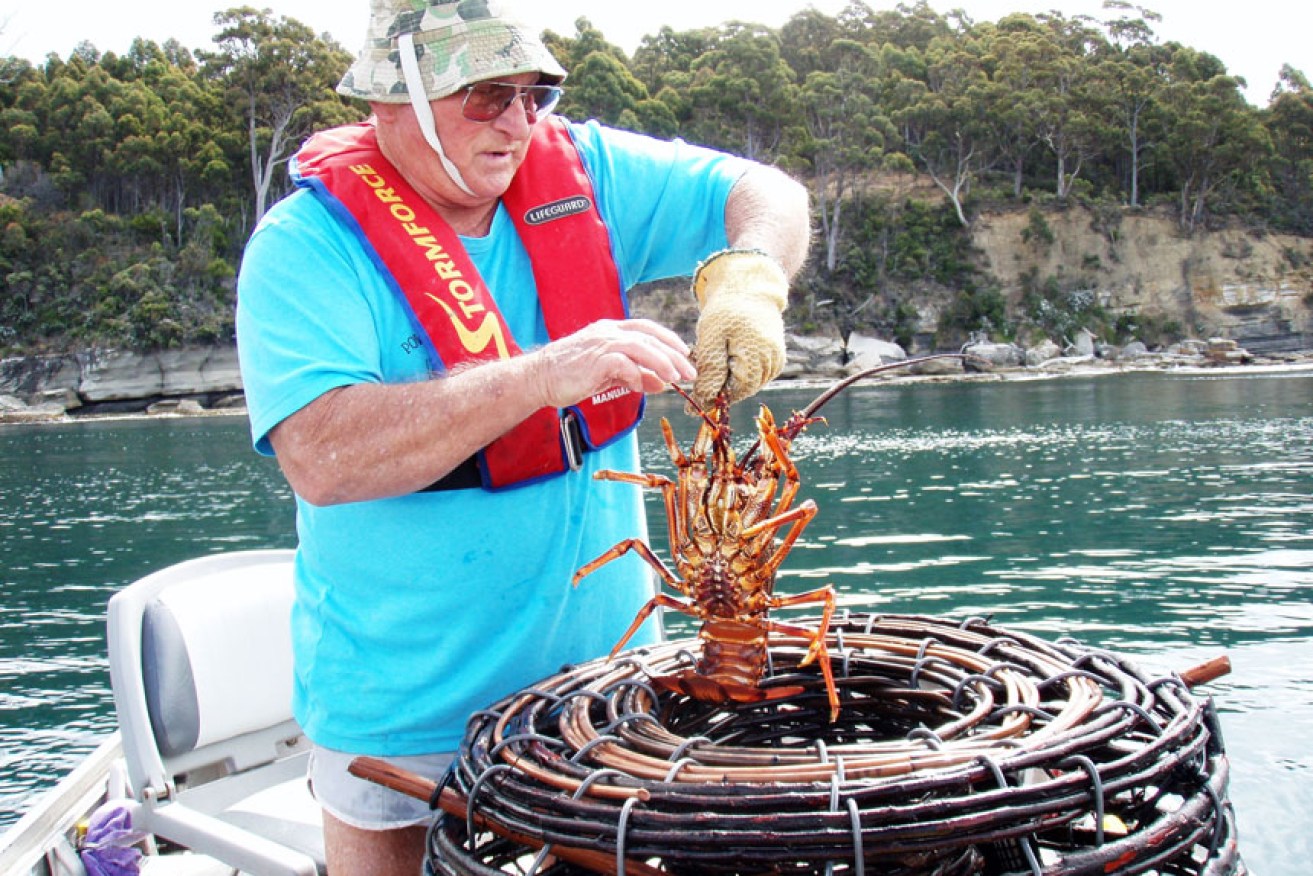Will you spend your kids’ inheritance or pass it on?


Supplied
Joyce and Ron Guttormsen live “wherever the caravan is”. The 70-something grey nomads are part of the new SKI (Spending the Kids Inheritance) set and have been on the road with their four-wheel-drive, van and tinnie since selling up in 2000.
The former Brisbane couple’s latest stop has been Millingandi, near Eden on the New South Wales south coast, which Joyce explains is peaceful and quiet outside the school holidays and has “all the shopping you could need”.
After having some work done on the car and Ron dealing with a health problem, they plan to visit Mallacoota, Marlo, Lakes Entrance and maybe Wilson’s Promontory on Victoria’s east coast.
It’s an idyllic lifestyle, but does it mean the SKIers won’t have anything left for their kids?
“I think we are enjoying retirement more than our parents did,” Joyce says. “And maybe the next generation will not be so lucky.”
But the Guttormsens are not spend thrifts and their two children don’t expect money from them like previous generations, where parents often scrimped and saved to leave something when they died.
Kids are living with their parents longer and many continue to benefit well into adulthood from free or cheap board, help with education and living costs and maybe even a home deposit.
Should they then expect more when their parents pass on?

Joyce at Port Smith, Western Australia. Photo: Supplied
Enjoying life
A 2012 survey by US investment company TD Ameritrade found that just 16 per cent of parents planned to leave anything for their Generation Z kids.
In Australia, a 2011 Apia study of 2000 Australians aged over 50 found 72 per cent would rather spend their money to enjoy retirement than leave it for their kids.
A 2013 Australian Bureau of Statistics report also found while their medical costs and food bills were higher than in 1984 after factoring in inflation, older couples’ now spent more on recreation.
Joyce, 71, and Ron, 76, are both on the aged pension, supplemented by a small annuity. Ron is a retired print and maintenance manager for Queensland Newspapers and Joyce worked for William Brooks Printers before helping on a friend’s flower farm.
Their daughter Julie, 55, lives in Emerald, Queensland, and has three children and three grandchildren. Son Andrew, 51, lives in Perth and has two children and one grandchild.
Neither expect anything from their parents and Andrew wants them to live with him on his three hectare property. But they are happy travelling.
Joyce and Ron, who get tips and talk to fellow travellers on The Grey Nomads, live frugally, partly due to missing the property boom that saw their house sell for another $300,000 three years later.
But they are happy, unlike some baby boomers that the Guttormsens say cannot relax because they are helping to raise their grandchildren due to high child care costs.
They also meet pensioners who camp in free spots to save money. “Some caravan parks are getting too greedy they seem to think all Grey Nomads are cash cows,” Joyce says.
Gone skiing?
AustraliaSCAN social analyst and baby boomer David Chalke says the “skiing” phenomenon is a bit of a myth because couples would have nothing to live on if they literally spent everything.
“If you spend the kids’ inheritance now, you’re spending your future too,” he said, adding that a retiree now needed $1 million in superannuation to live relatively comfortably.

Ron with an Adventure Bay cray fish. Photo: Supplied
Increased life expectancies also make it crucial to manage retirement income wisely. In Australia, a boy born in 2010–2012 can expect to live 79.9 years and a girl 84.3 years, compared to 55.2 and 58.8 in 1901–1910.
Chalke said the resources of baby boomers varied greatly. One in three still had a mortgage, and some were working longer so had disposable income they could rightly spend on themselves.
After supporting their children longer than past generations, and the introduction of compulsory superannuation, Chalke said Generations X and Y should not generally need to be propped up later.
But it was up to families to discuss such issues depending on their situation.
“It’s a matter of personal choice,” he said. “(But) the imperative that our parents’ generation had to leave something to their kids is diminishing because of compulsory super.”
Talking it over
The Guttormsens, who spent seven years in Tasmania as part of their travels, are lucky as their children don’t expect any money.
“Our son wants the photos,” Joyce said.
“I was 16 when we got married. Ron was 21 and I feel now is our time. Besides, we want to see this country before we are put in a pine box.”
Joyce said finances and inheritance issues should be discussed between family members and were no-one else’s business. Whether parents saved for their children depended on the circumstances.
“I think you should be responsible for your own actions,” she says. “The kids will get what is left. We are not big spenders, do not eat out much, drink only occasionally and are non-smokers.
“We have worked since we were 14 and whatever we have, we worked for. Our kids are the same – they had a good work ethic and have worked hard for what they have.”
Cheryl Critchley is a Melbourne journalist who has written extensively on personal finance








